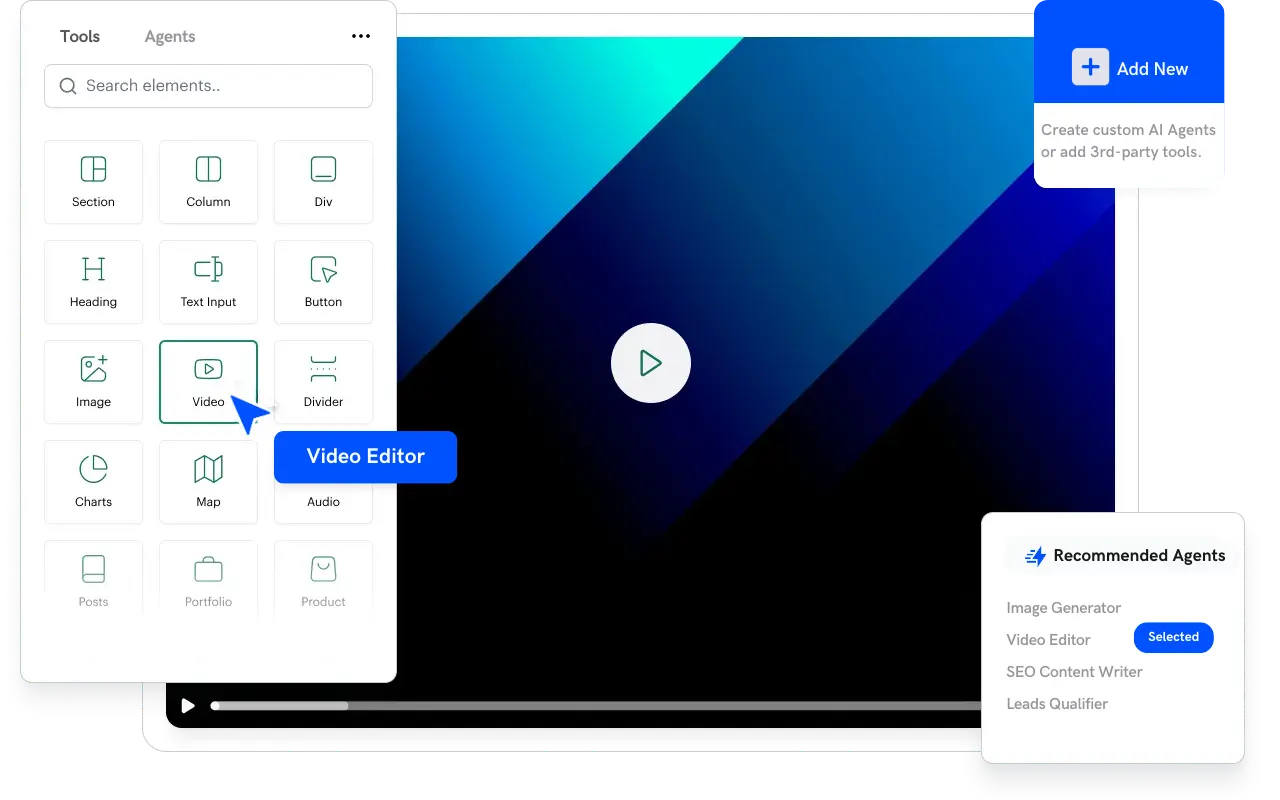Artificial intelligence has revolutionized the modern workplace by taking over tasks that once consumed countless hours of human labor. In today’s dynamic business environment, automating repetitive tasks is no longer a luxury—it’s a strategic necessity. With AI-driven solutions, companies are now able to streamline routine processes such as data entry, report generation, and customer query management, leading to dramatic increases in productivity and significant cost savings.
One of the core benefits of AI automation is the reduction of human error. Manual repetitive tasks are not only time-consuming but also prone to mistakes that can lead to further complications and rework. By deploying AI systems, organizations can ensure that these tasks are executed with consistent accuracy and speed. For example, robotic process automation (RPA) tools can handle large volumes of data without fatigue, ensuring that even the smallest details are managed correctly. This consistency builds trust in automated processes and allows employees to redirect their efforts toward more strategic and creative endeavors.
Beyond error reduction, AI automation provides the advantage of scalability. Unlike human workers who require rest and are limited in throughput, AI systems can operate around the clock. This constant operation means that tasks that once took days can now be completed within hours, dramatically improving operational efficiency. Studies reported by Forbes and MIT Technology Review have documented cases where businesses have reduced processing times by up to 70% after integrating AI solutions. This rapid turnaround not only boosts productivity but also improves customer satisfaction by accelerating service delivery.
Moreover, the integration of AI into workflow management enables companies to harness predictive analytics. By analyzing historical data and current trends, AI tools can identify patterns and forecast future bottlenecks. This level of foresight allows managers to adjust resources preemptively, mitigating potential issues before they arise. In industries where timing is crucial, such as supply chain management or financial services, these predictive capabilities translate into real competitive advantages. Business leaders are finding that with AI, decision-making is faster, more informed, and ultimately more effective.
Another key aspect of AI-driven automation is its ability to learn and adapt over time. Machine learning algorithms improve with every iteration as they are exposed to more data and varied scenarios. This continuous improvement process ensures that the automation becomes more refined, eventually reaching levels of efficiency that far surpass traditional methods. Employees who once spent hours on mundane tasks can now focus on high-value activities like strategy, innovation, and customer engagement. This shift not only enhances job satisfaction but also drives overall business growth by fostering a more dynamic and creative workplace culture.
The impact of AI on business productivity extends beyond the back office. In customer service departments, for example, AI-powered chatbots and virtual assistants are handling routine inquiries, freeing up human agents to tackle more complex issues. These systems have become indispensable in managing high volumes of customer interactions, providing instantaneous responses and maintaining service quality during peak hours. The result is an improved customer experience that translates into higher retention rates and stronger brand loyalty.
To sum up, the adoption of AI for automating repetitive tasks offers a multifaceted benefit to modern organizations. It reduces errors, increases scalability, enhances predictive planning, and ultimately frees up human resources for higher-level functions. As AI technology continues to evolve, its role in transforming workflows and boosting productivity will only become more pronounced. Businesses that invest in these technologies today are positioning themselves for a future where efficiency and innovation go hand in hand. With every passing day, the advantages of AI automation become clearer, making it a cornerstone of modern business strategy and a critical tool for staying competitive in an increasingly digital world.






